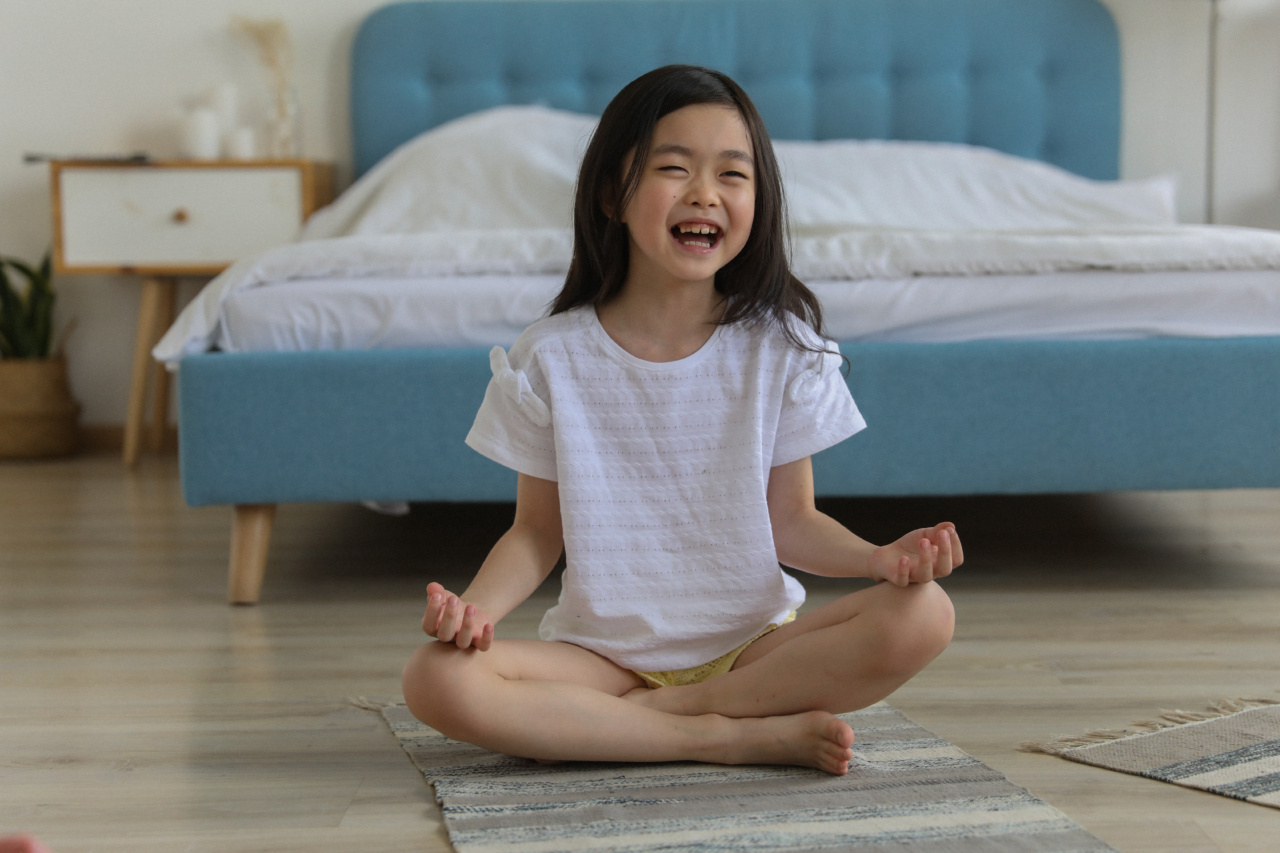Have you ever wondered why some people seem to age gracefully, while others experience more health issues as they get older? The secret to long-term vitality may lie in a combination of lifestyle factors.
In this article, we’ll explore some of the key elements of living a healthy, energetic life as you age.
Eating for Energy
Your diet plays a major role in your overall health and vitality.
Eating a balanced diet that includes plenty of fruits, vegetables, whole grains, and lean protein can help you maintain a healthy weight, reduce your risk of chronic diseases, and provide the energy you need to stay active and engaged in life. Specifically, it’s important to:.
Stay Hydrated
Dehydration can make you feel fatigued and foggy-headed. Be sure to drink plenty of water throughout the day to keep your cells hydrated and functioning properly.
If you’re not a fan of plain water, try adding some fresh fruit or herbs to make it more appealing.
Move Your Body
Regular exercise is essential for staying healthy and vibrant as you age. Exercise helps maintain muscle mass, improve circulation, boost your mood, and keep your brain sharp. Try to get at least 30 minutes of moderate-intensity exercise every day.
This could include activities like brisk walking, cycling, swimming, or dancing.
Reduce Stress
Chronic stress takes a toll on your physical and mental health. Find ways to manage stress in your life, whether that’s through meditation, mindfulness, yoga, or just spending time in nature.
Making time for relaxation and self-care can help reduce your risk of stress-related illnesses like heart disease and depression.
Get Enough Sleep
Sleep is essential for restoring your body and mind. Most adults need 7-8 hours of sleep each night to function at their best.
If you’re having trouble sleeping, try establishing a relaxing bedtime routine, avoiding caffeine and alcohol before bed, and creating a comfortable sleep environment.
Stay Social
Human connections are important for our emotional and mental well-being. Make time for friends and family, join social groups or organizations that interest you, and volunteer in your community.
Staying socially engaged can help reduce your risk of social isolation and keep you feeling connected and fulfilled.
Stay Engaged Intellectually
Keeping your brain active and engaged can help reduce your risk of cognitive decline as you age. Try learning a new language, playing chess, taking up a new hobby, or reading challenging books.
Staying intellectually stimulated can help keep your mind sharp and focused.
Take Care of Your Body and Mind
Finally, it’s important to take care of both your physical and mental health as you age. This may include getting regular check-ups with your doctor, practicing good oral hygiene, and managing any chronic conditions you may have.
Don’t neglect your mental health, either. Seek help if you’re experiencing symptoms of anxiety or depression, and stay connected to your support systems.































